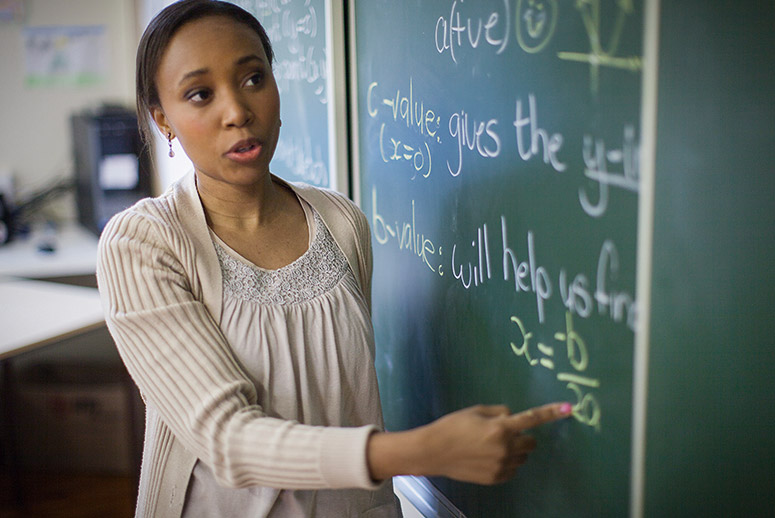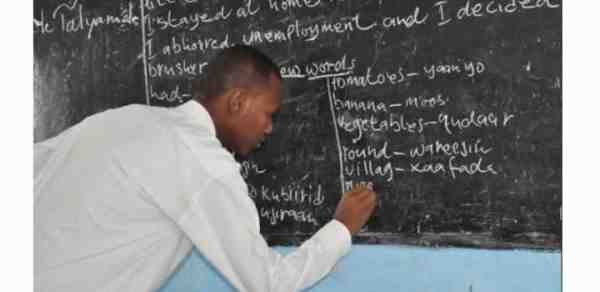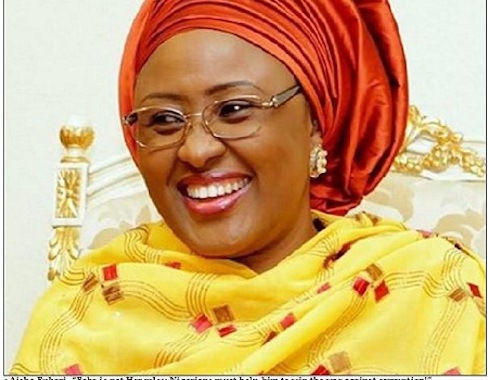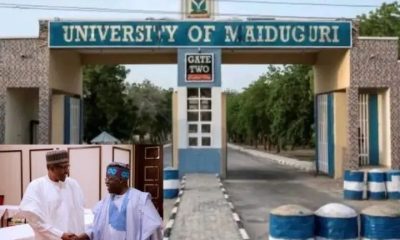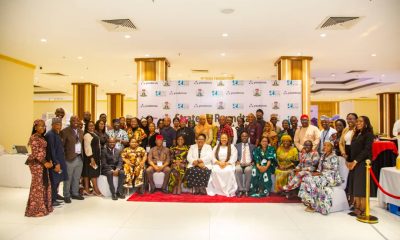Education
Teachers’ Welfare Panacea for Development of Education-Buhari
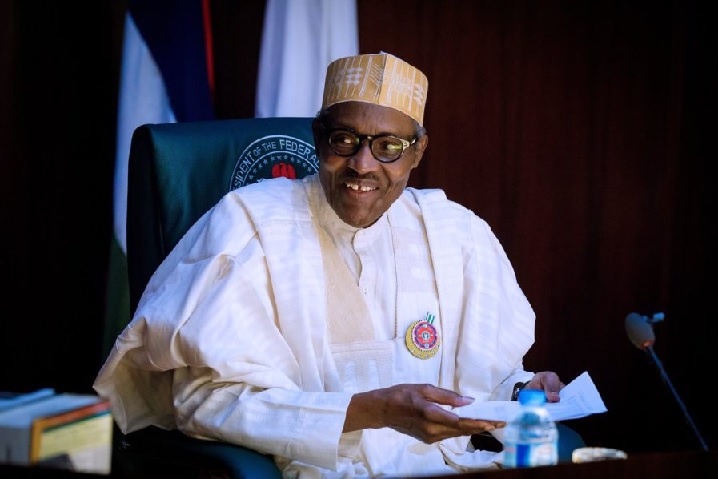
By Mathew Dadiya, Abuja
President Muhammadu Buhari has said reviving the educational sector, with renewed focus on teaching valuable lessons like integrity in schools, would require giving priority to the welfare and training of teachers, who directly create the enabling environment for learning.
The President said this on Tuesday when he received a delegation from the Arewa House Centre for Historical Documentation and Research at the State House, Abuja.
He noted that the quality of training, welfare and happiness of teachers directly impacts on the quality of education children and adults get in schools.
The President, therefore, called for more focus and research on the impact of teachers.
President Buhari spoke against the backdrop of a proposal by the Arewa House Centre for Historical Documentation and Research to start an annual, “Buhari Integrity Lecture Series’’.
He said: “If it has to do with integrity, we must go back to history and try to assess the contribution of teachers to education, where teachers treated every child as their own in instilling discipline and sharing of knowledge.
“I have been lucky to be in boarding school for nine years, three years in primary school and six years in secondary school before I joined the military. And if we are talking of good education, it has to start with the teaching in schools, where children grow and the environment of learning,’’ he said.
President Buhari queried education cuts across the three tiers of government, highlighting that it was important to consider who pays the teachers at every level and if the teachers get adequately compensated to provide quality education.
He said, “We must make education and health a priority relative to the resources available.”
The President said that the challenge of repositioning the educational sector and cultivating strong moral values in children goes beyond the northern part of Nigeria, and should be pursued holistically at a national level.
“Your nomenclature is Arena, but the problem of education is a national issue,’’ the President noted.
Buhari said that focus must also be on providing accessible quality education for the privileged and underprivileged in the country, adding “we will have a better society when education is not only for those who can afford to pay expensive fees in schools.’’
In his remarks, the Director of Arewa House, Prof. Idris Shaaba Jimada, told the President that there was a need to inculcate the virtue of integrity that he had stood for over the years, and propagated as an important aspect of development.
Jimada said that the Arewa House Centre for Historical Documentation and Research had decided on instituting “The Buhari Integrity Annual Lecture Series’’, which would appraise the President’s position on morality and inspire more people to appreciate integrity as integral to Nigeria’s development.
“Integrity should be taught in our schools as part of civic education, and we are proposing that it starts with you,’’ he said.
Education
UNICAL VC Promises to Resolve Dentistry Students’ Crisis

From Ene Asuquo, Calabar
The Vice Chancellor of the University of Calabar, Prof. Florence Obi has promised that she would do everything humanly possible to ensure that the ongoing crisis in the institution’s Department of Dentistry, is resolved.
Prof.
Obi made the promise in Calabar during a press briefing, stressing that she will resolve the crisis before leaving office.She explained that the problem predates her administration, and pledged to intensify efforts to rectify the crisis.
She added that the crisis was as a result of the Medical and Dental Council of Nigeria (MDCN)’s refusal to induct 2016 Dentistry students of the institution.She also debunked claims circulating on social media that the institution’s Dentistry programme has lost its accreditation, describing the reports as “misinformation and distortion of facts,” clarifying that the programme remains fully accredited and no students have been directed to transfer to other universities.
“At no point did the University ask Dentistry students to seek transfers to other institutions, nor were they advised to ‘go and learn a trade’ as falsely alleged online,” the VC stated.
“I will feel very bad if I leave without solving this problem and the students are left hanging without knowing their fate. I won’t be fulfilled,” she said.
She reaffirmed the University’s commitment to ensuring all Dentistry students graduate and are duly licensed as dental surgeons.
She noted that the Dentistry programme commenced in the 2013/2014 academic session, and in November 2019, the University secured pre-clinical accreditation from the MDCN and full clinical accreditation was subsequently granted in December 2022.
The VC added that the university’s synergy and partnership with the Minister of Education and the Tertiary Education Trust Fund (TETFund) to upgrade its facilities.
“All we asked for is time to engage with other institutions, update the Medical and Dental Council of Nigeria (MDCN), and follow through on due processes,” she noted.
Speaking further, Obi said that some of the affected students demanded to be transferred to the Department of Medicine and Surgery but said it was not the solution as the department was already saturated.
She urged the affected students to remain calm, noting that the university was doing everything possible to resolve the issues before the end of her tenure.
Education
NUT Reaffirms Commitment to Teachers’ Professional Development in Kwara
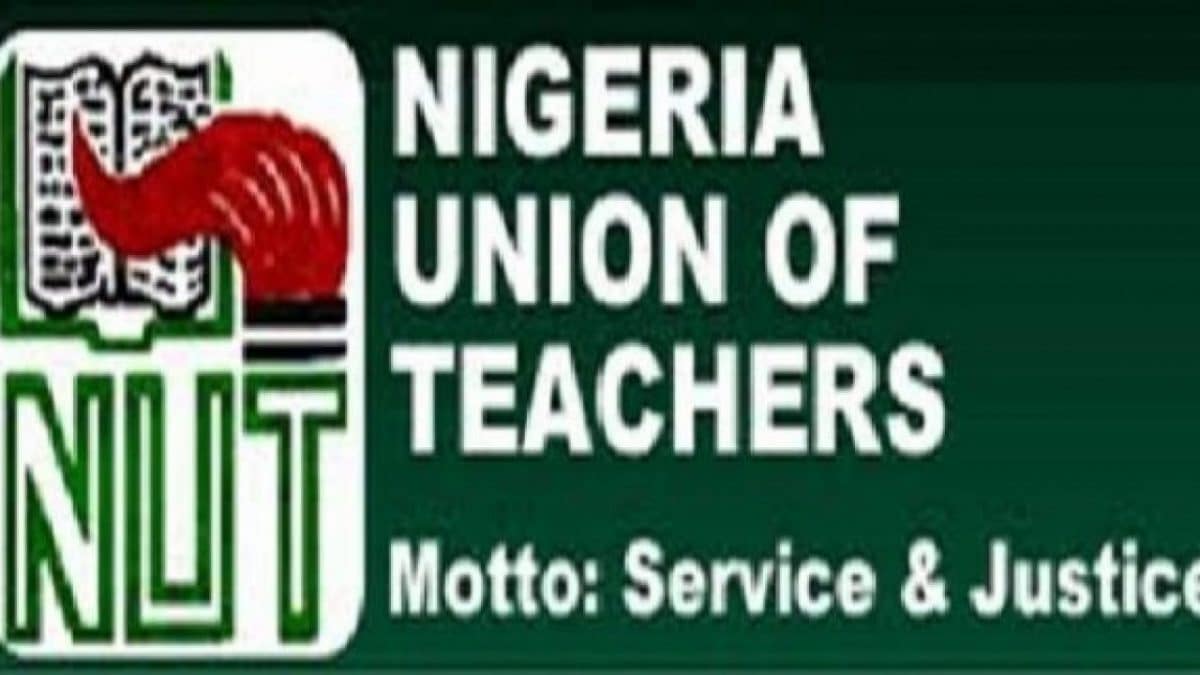
From Abdullahi Abubakar, Ilorin
The Nigeria Union of Teachers (NUT), Kwara State Wing has restated its commitment to strengthening the professional growth of teachers across the State, to enhance the quality of education delivered in public schools. Speaking at the opening of a three-day capacity-building workshop in Ilorin, the State Chairman of the Union, Comrade Yusuf Wahab Agboola, noted that continuous training of teachers remains a vital component of educational reform and improved classroom delivery.
The training, organised in collaboration with the NUT National Secretariat, is targeted at selected teachers and focuses on the “Study Circle Conveners’ Model”—a grassroots strategy for enhancing peer-to-peer learning and participatory leadership within the education sector.
Comrade Agboola explained that the workshop aims to equip teachers with practical skills in collaborative learning, peer engagement, and innovative teaching practices. He expressed optimism that the training would promote professional bonding among teachers and foster collective solutions to challenges facing the education sector.Also speaking at the event, the National Coordinator of the NUT Study Circle Project, Comrade Solomon Igbelowowa, traced the initiative’s roots to 1985 when it was introduced in Nigeria by the Swedish Teachers Association, having recorded success in Sweden and other parts of the world. He commended the Nigerian Union of Teachers for sustaining the project over the years and urged participants to engage fully and make the most of the training opportunity.
The workshop was officially declared open by the National President of the NUT, Audu Amba, who was represented by the 3rd National Vice President, Bashir Oyewo.
He encouraged teachers to approach the sessions with dedication and punctuality.
Education
JAMB Sets 150 Cut-off Mark for University Admissions

By Tony Obiechina Abuja
The Joint Admissions and Matriculation Board (JAMB) has fixed 150 as the minimum cut-off mark for admission into Nigerian universities for the 2025/2026 academic session.
The decision was reached on Tuesday during the 2025 Policy Meeting on Admissions, held at the Bola Ahmed Tinubu International Conference Centre in Abuja, with stakeholders from various tertiary institutions in attendance.
According to JAMB, 140 was approved as the minimum score for colleges of nursing sciences, while polytechnics, colleges of education, and colleges of agriculture will admit candidates with a minimum score of 100.
“The minimum admissible scores for admissions for the next academic session have been fixed at 150 for universities, 100 for polytechnics, 100 for colleges of education, and 140 for colleges of nursing sciences by the stakeholders (Heads of Tertiary Institutions),” JAMB announced via its official X account.

